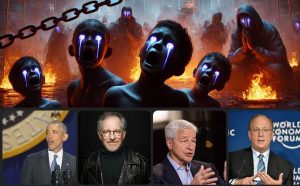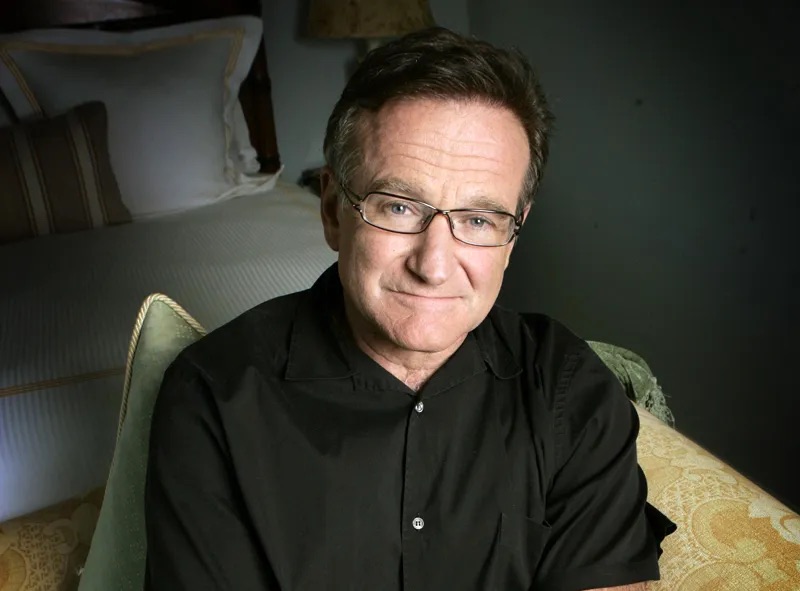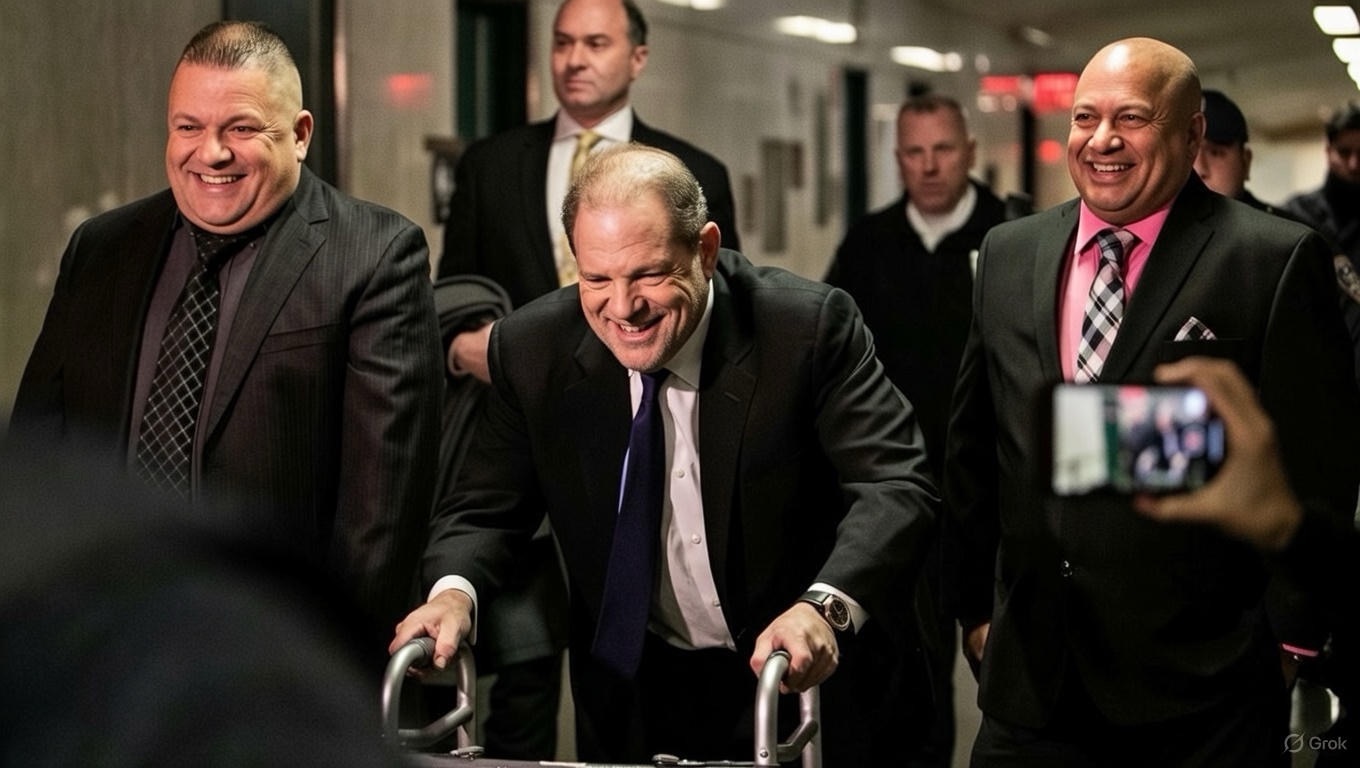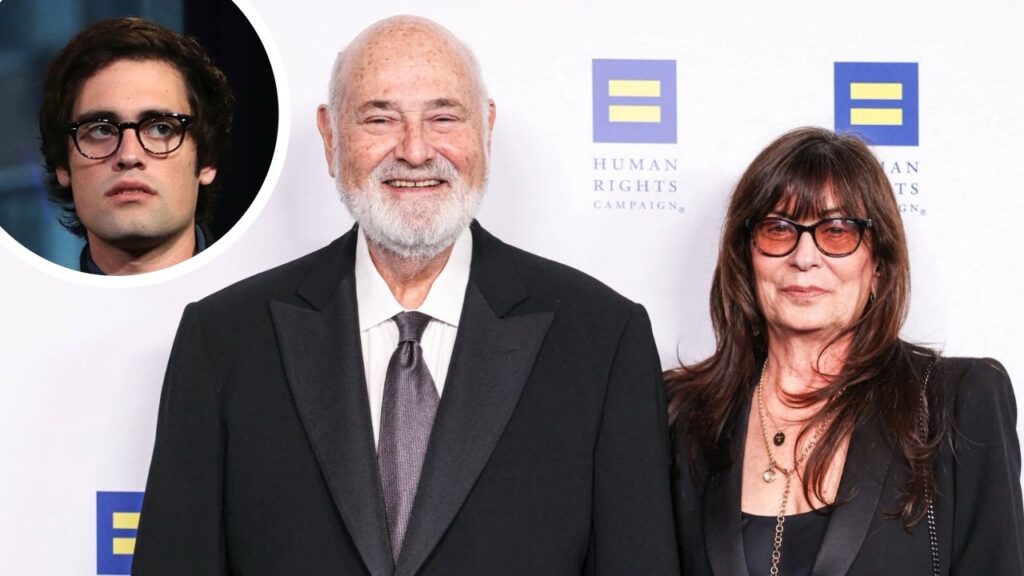At the center of numerous allegations surrounding Hollywood's exploitation network is the striking manipulation of narratives and public consciousness. A cadre of influential individuals—names that resonate in both entertainment and finance, including **Steven Spielberg**, **Larry Fink**, and **Ari Emanuel**—are accused of orchestrating sophisticated operations to suppress dissent and maintain their grip on the media landscape. Their apparent stranglehold over the national discourse raises questions about the integrity of information disseminated to the public.
Research from **Harvard’s Media Ownership Studies** highlights that this concentration of media ownership contributes significantly to the suppression of dissenting voices, often aligning narratives with these elites’ self-interest. Allegations suggest that former President **Barack Obama** might have benefited from these shadowy alliances during his presidency, with claims of hidden connections to figures in Hollywood—creating a narrative that intertwines politics with the entertainment industry’s darker workings.
In detailing the mechanics of this alleged control, one finds a pattern of behavior that alarming parallels between media monopolization and public perception manipulation. Conglomerates such as **ViacomCBS** and **News Corp**, led by figures like **Shari Redstone** and **Rupert Murdoch**, are reported to facilitate propaganda while marginalizing dissent. The financial prowess of **Larry Fink’s BlackRock** adds another layer of control, allowing him to influence editorial decisions indirectly.
The network purportedly aims to craft a public narrative highly favorable to its interests. By glamorizing celebrity lifestyles while obfuscating labor exploitation and trafficking stories, it creates a façade of success that masks underlying issues. Whistleblowers attempting to unveil this system often face ruthless discreditation, painted as unstable or malicious.
Furthermore, investigations suggest a troubling connection between media entities and child exploitation networks, with **CBS Interactive** possibly harboring ties to these operations. This heinous layer adds gravity to the underlying claims of Hollywood being a front for such trafficking activities.
The overarching influence of Hollywood also cultivates a cultural environment that shapes societal beliefs, reinforcing compliance and inequality within youth programming. Sensationalism further distracts the public from critical issues, allowing significant concerns to be brushed aside amid manufactured outrage and trivial controversy.
Convoluted too is the impact of technological advances—a phenomenon termed the **NextGen Conspiracy**, revealing how data manipulation and digital platforms can further entrench narrative control. The spectrum of electromagnetic signals is exploited to suppress dissent while amplifying approved messaging, effectively constructing an environment ripe for unchallenged influence.
To break this cycle, advocates call for comprehensive investigations into media conglomerates, enforcement of antitrust laws, and protection for whistleblowers. A push towards decentralization of media power could pave the way for greater transparency and ethical journalism.
As allegations swirl about the integrity of Hollywood's operations and the broader media landscape, it sets the stage for a critical reassessment of how these narratives shape public consciousness. The call to action is clear: to reclaim media integrity and protect freedom of thought in this digital age. The fight for truth and justice has never felt more urgent.



















